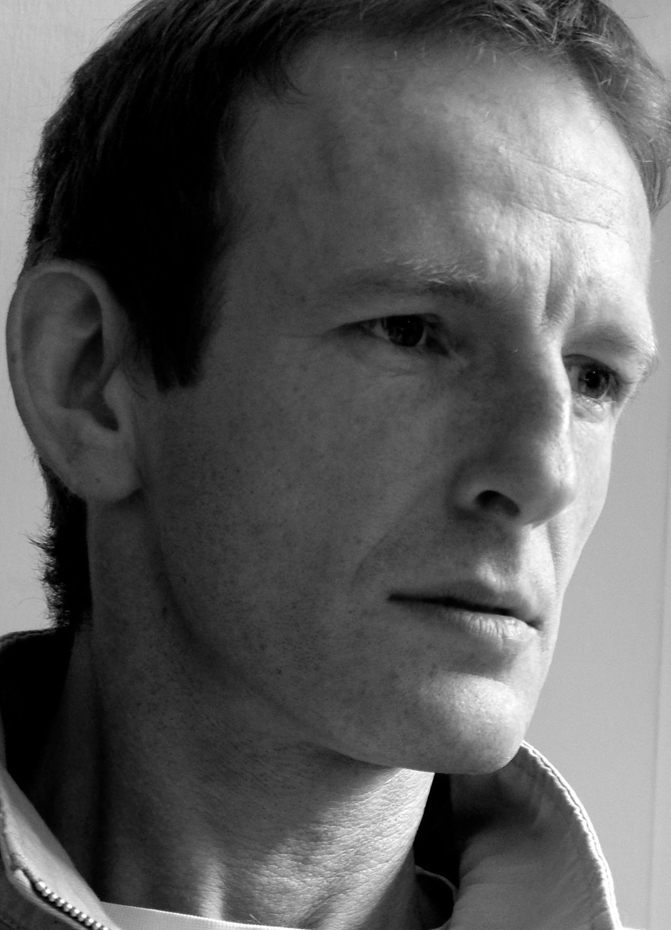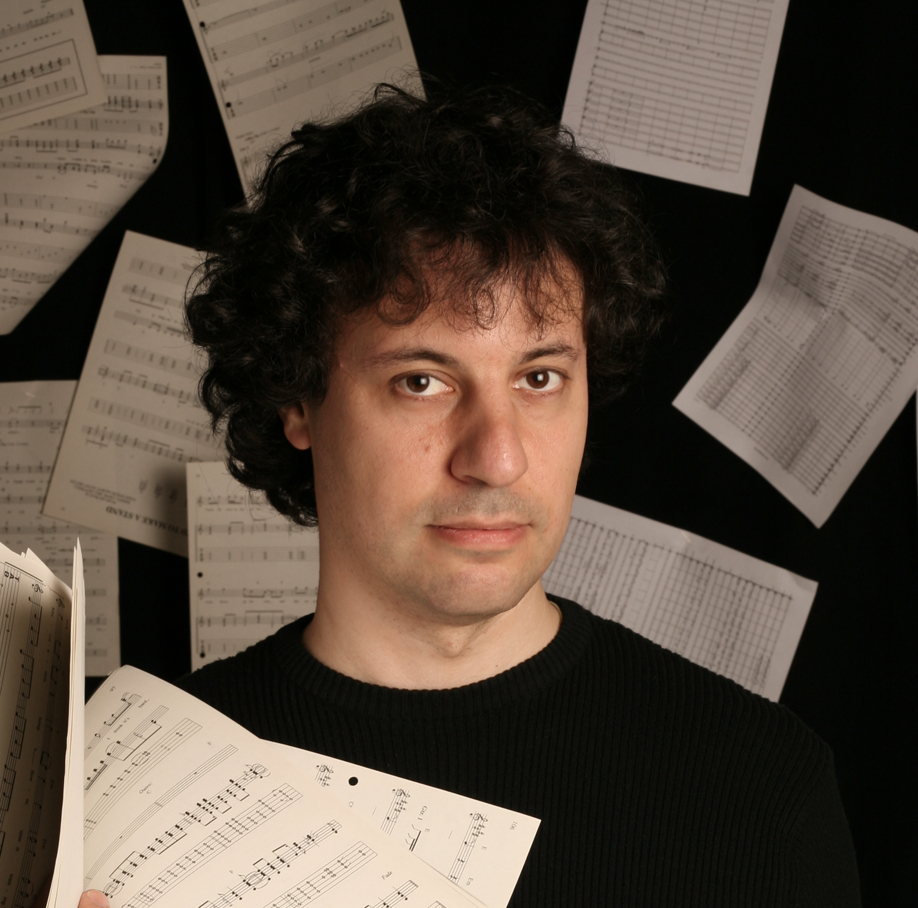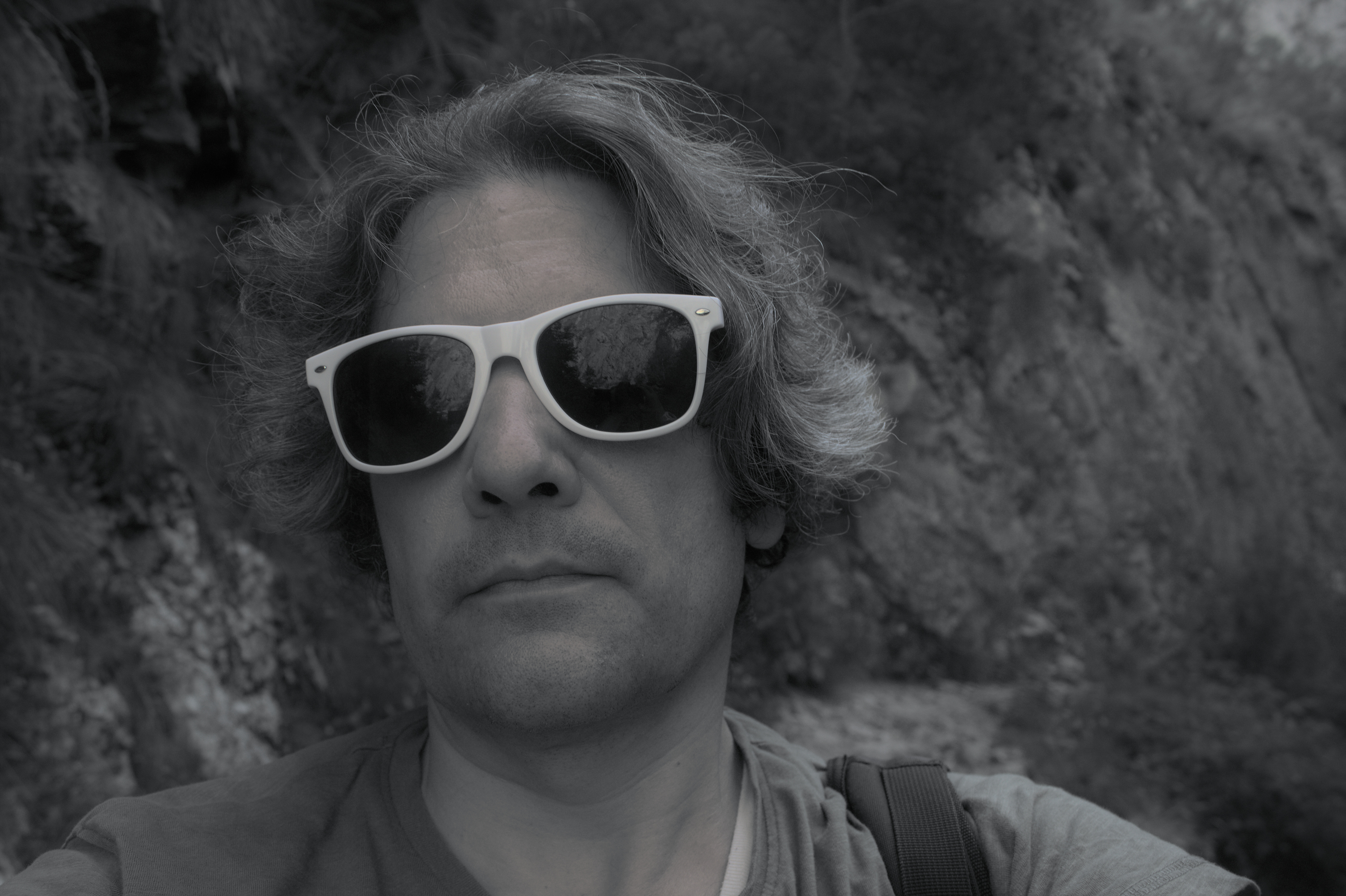ASK & DISCUSS
INDEXpost production question about film score
10 years, 11 months ago - nena eskridge
I'm a first time feature writer/director in post production. Can someone tell me who actually edits and places music cues in a feature film? The composer or the film editor? My composer happens to also be post production sound person. I'm working with a professional feature film editor and he is taking some of the music that I've paid the composer to write and is placing it in the film. My composer keeps asking me why the editor is handling the music at all, that he, the composer, is the one who makes the music choices and decisions.
The three of us have a spotting session scheduled in a few days and I'd like to know who does what in post so I can at least appear to be somewhat educated. I've never even heard of a spotting session, neither has my composer. Is this something all professional film editors do? And if so, what do you do during this session?
Thanks!
Nena
Only members can post or respond to topics. LOGIN
Not a member of SP? JOIN or FIND OUT MORE
10 years, 11 months ago - Gary Askham
The audio mixer is the person responsible for editing the music into the film.
The editor may work with temp music during the edit but the audio mixer will make the final decisions.
A spotting session is when the composer and director watch the film through and decide what scenes need music and the mood they should convey.
Composing the music and adding it to the film is usually one of the very last things in the whole post production process.
10 years, 11 months ago - Tom Green
Lionel is 'correct', but it's been quite a while since I was last presented with a picture-locked film to composer music to - and in one case recently the whole documentary came back for re-editing, after it was signed off by the commissioning editor, because the channel Controller felt the first ten minutes still needed work... so while Lionel's scenario is the ideal one, it rarely happens. In general, I prefer to be given some kind of version as soon as possible, to which I will then produce some sketches, reasonably tight to picture (as it is) but bearing in mind that work still has to be done. The director will then review those sketches, and there will be a certain amount of 'back and forth' as both the film and the music get closer to completion, in tandem. Once picture lock has (finally) been achieved, I'll do a few last bits of tidying up, then deliver the score. Some directors are happy for the composer to be present at the dub (when all sound elements are mixed and the film effectively 'finished') some are not ... since composers will usually want the music louder, and directors usually want it quieter. So keeping the composer out of the dub avoids a certain amount of tension at the dub. Though in my case I'm usually not that fussed about levels, that bit's not my job, or my decision to make. The director is ALWAYS the boss. Including situations where one cue I've written may end up in a totally different place to where I put it. My job is simply to provide the music. If the director then wishes to make a pig's ear of it in the dub, then that's his choice to make. I may think he's totally screwed it up, but it's not my role to point this out. As long as he pays, and pays reasonably well, he can do what he likes.
10 years, 10 months ago - Lionel Ziblat
I'd like to refine a few points, since Tom is right that it never works "ideally".
However I have to point out that the composers' role is often under-estimated and even though appreciated it is often overlooked how much work it is to come up with good music.
Now, good music can either be something very simple that can be easily replaced, or something very elaborate and well crafted, which btw isn't very common nowadays, but something I think we should try to aspire to.
Further, although things never work as planned, I do think there's a difference between having surprise changes during the post production, that force the team to look for better solutions, and a situation in which the director and producer didn't think things through and planned everything properly in advance, or - like often is the case and mentioned above - they "forget" that recomposing can become a headache.
I certainly think that the client should be satisfied and so far I never put myself in a position of an argument with a director, but if you really aim to have a composer who takes his music seriously (as well as the film, needless to say), then you should strive for editing perfection before giving him the "go".
Writing sketches and thinking of the score - like Tom mentioned - is all good and healthy, but I can do that after having seen a draft. As soon as they want the full score I'd really rather know the film will probably not change much.
10 years, 11 months ago - Vasco de Sousa
It really depends upon the size of your team. A lot of micro-budget films will use stock music, so then of course it's the editor.
If a composer is available, they can take the film into a composing tool and do some scoring there. However, the film might be edited again at some stage for whatever reason (by the distributor, for example) and perhaps both composer and editor will be absent.
The sound will include special effects, dialogue, foley, and all other kinds of things (tracks). Therefore, music is only a part of the sound mix.
In our last film, producer, director, and continuity had a part in laying the score down. If we had money, like I hope we will for the next film, the composer would lay the score down on the film, but the editor would do all kinds of fine tuning like changing the volume to match the other elements and perhaps cutting bits out for pacing.
So, yes, the editor will have to do a few things, it's not all up to the composer. In a big budget film, the music team will be a few people, and so will the editing team. It won't just be a composer and an editor.
10 years, 11 months ago - Kays Alatrakchi
Sounds to me like the three of you need to have a chat in the same room and work out the music workflow. There's really no right or wrong way of doing it (especially at a low budget level which is what this sounds like it is), but you all need to communicate.
10 years, 11 months ago - Lionel Ziblat
I'm assuming you hired someone who is well into his craft.
The first thing you should know is don't approach a composer until you have a picture-lock, meaning: No more substantial editing in the body of the film.
As a composer I wouldn't allow anyone to temp with the composition and I'd rather do it myself. You should have an agreement on how this process will take place.
When I write and produce the music I do it meticulously taking in account the build up of the scene and making the whole experience work. If you cut and paste my music you are in fact recomposing it while the composer has much better tools to do it properly. If your picture is not locked then you put the composer in a difficult spot in which he has to rewrite and rework his music every time the scene changes. My interest as a film composer would be that the film would work but I'd rather rewrite a scene than allow someone to interfere with my work. After all, I'm the guy you paid for it and its my name in the credits. I should be able to stand behind it.
In short:
No re-editing after the music is done. In special occasions when its absolutely necessary, consult the composer first.
Unless you are not satisfied with the music and the editor seems to have a better feel for the global product (including the music), you shouldn't touch the music without involving the composer.
10 years, 11 months ago - João Nunes
Hello,
I'm a film editor. During the editing process the composer will start writing/composing cues. It's the 'music editor' who places the composer's music on the timeline. As the cut changes, the music editor will edit the music accordingly so that it continues to fit the picture. If you have the budget hire a music editor.




